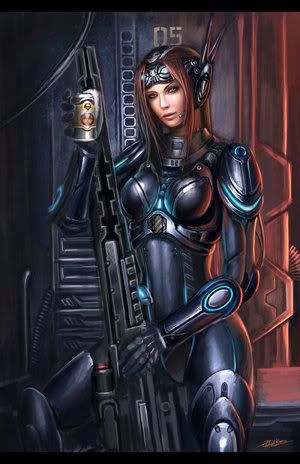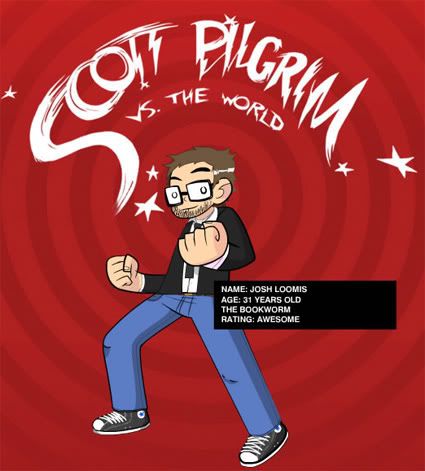
Sometimes, you have to stop yourself and realize that something’s not quite right. You’ve got some great elements put together but the end result isn’t quite as good as it could have been. There’s nothing wrong with using chocolate and butter together, and butter compliments corn, but somehow you ended up with a chocolate and corn confection that doesn’t work as an edible dish. It’s impressive in its presentation and the effort you provided, but nobody’s going to eat it.
But the chocolate’s good. Stick with that. Just try doing something else with it.
The metaphor’s a bit of a stretch, I know. But the notion is this. If you’ve written something, and constructive criticism points out a lot of elements that just don’t play to the work’s strengths, strip out those elements and do something else with those strengths. Preserve the core of your story, its key ingredient.
Most stories have a core, a fulcrum upon which the work turns. It could be an uplifting revelation the human condition, a tragic moment of heroic sacrifice in the face of the horrors of war, or a stinging bit of social or political satire. If some of the story doesn’t work to support that core, that does not mean the core is bad. It just means you need to change how people approach it. You have to get and hold the reader’s attention so you can reach that core, allow them to see exactly what you’re trying to say, and get them thinking about it, especially if you can plant the seed of thought that continues to grow long after they finish enjoying your work.
I know I keep bashing on Star Wars, but it’s a perfect example of how not to do this. Lucas established in his original films that the life of Anakin Skywalker had been a tragic, almost operatic rise and fall from grace into the darkness of Darth Vader. When he said he would go back and tell that story, I for one was excited. The depiction of a great villain starting out as a great and noble hero makes for some great storytelling. At least it could have. Instead, Lucas pandered to demographics, focused on spectacle rather than substance, and reduced the supposedly noble Anakin to a whiny, selfish, mass-murdering traitorous asshole.
Don’t do that.
If you need to scrap the bulk of your story and start over, hold onto the good parts. No, not the darlings, those need to get dragged out behind the shed and shot. I’m talking about the core of the story. The reason why you sat down to write it in the first place. The thing that keeps you up at night thinking about it and follows you through your waking hours.
Well, maybe, that’s just how I feel about it, but anyway…
Preserve the key ingredient, throw everything else out, and start over. Mix in some new things with that chocolate.
Like caramel.
Great. Now I’m hungry.






